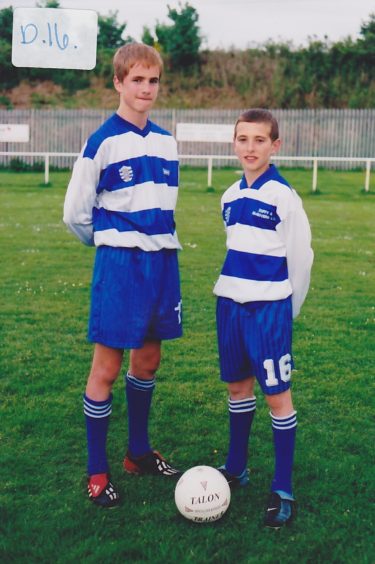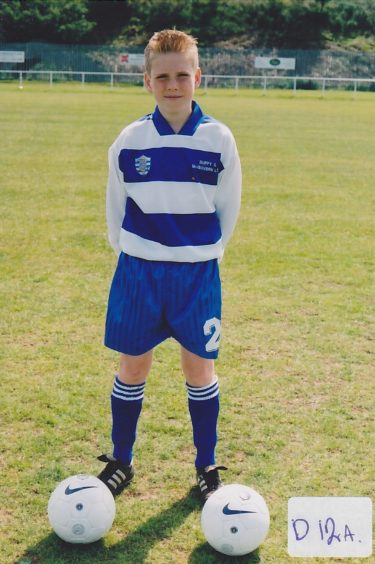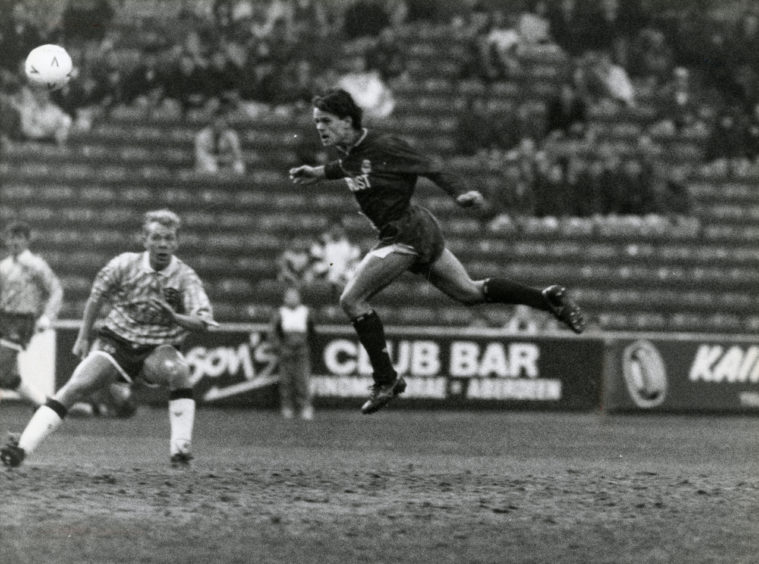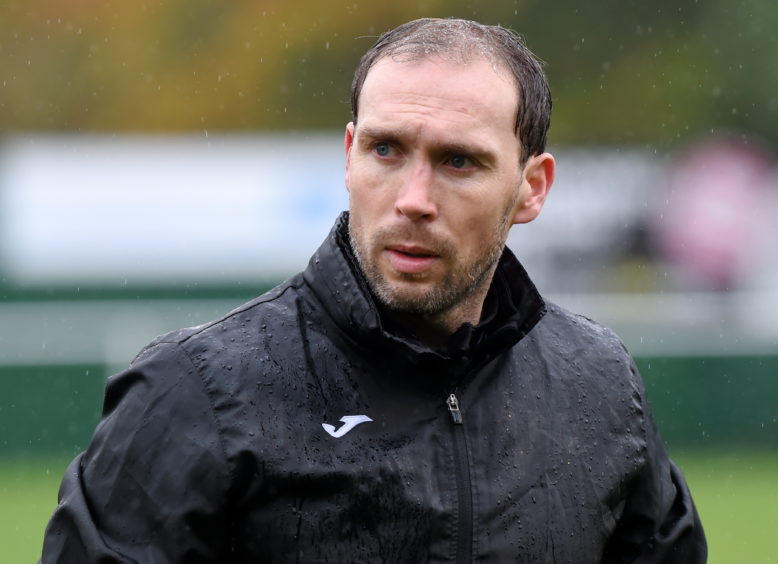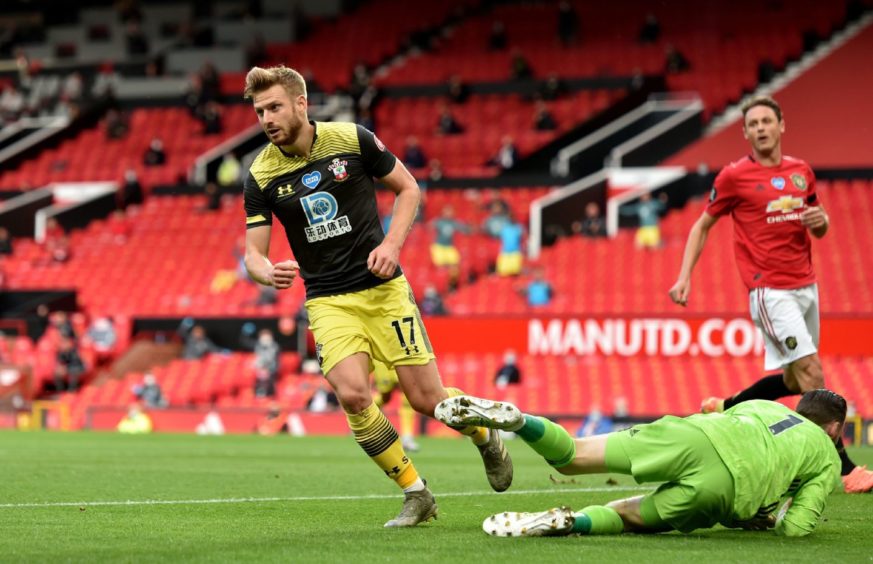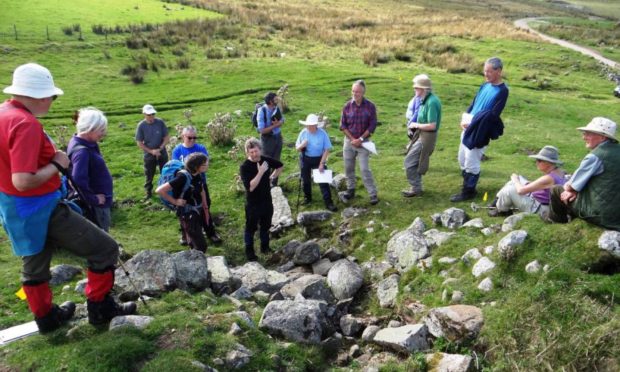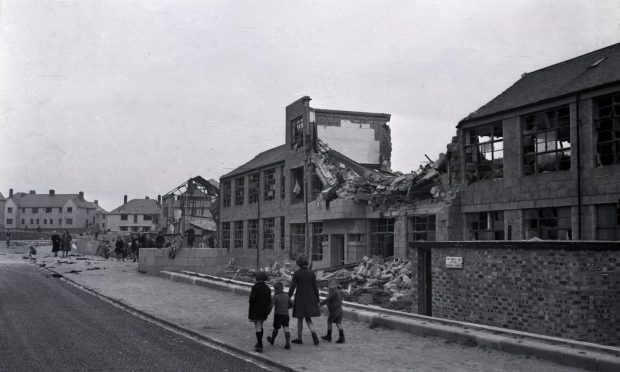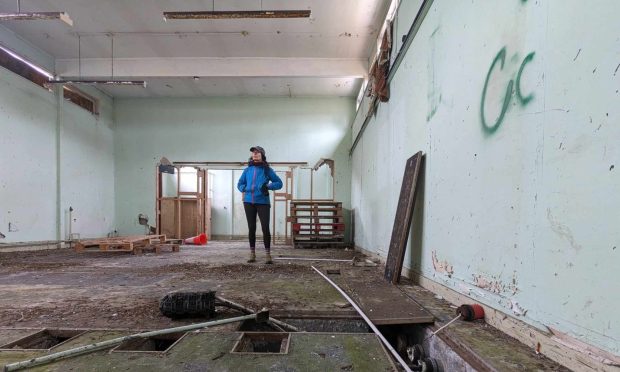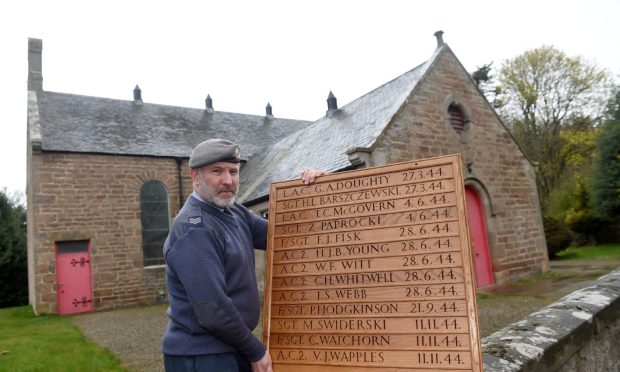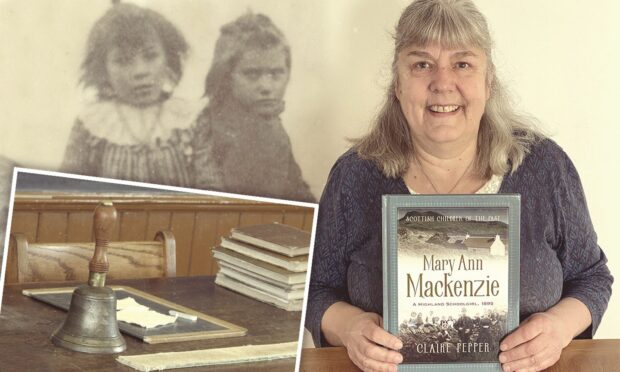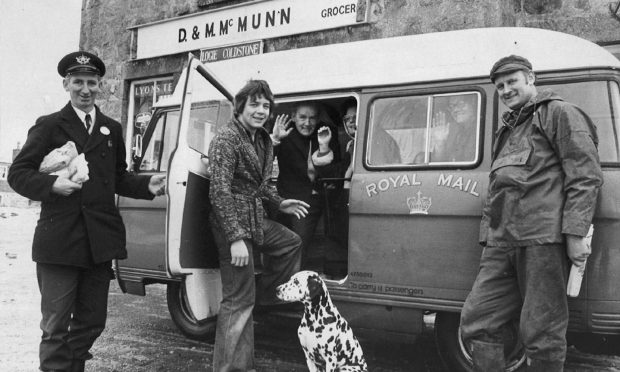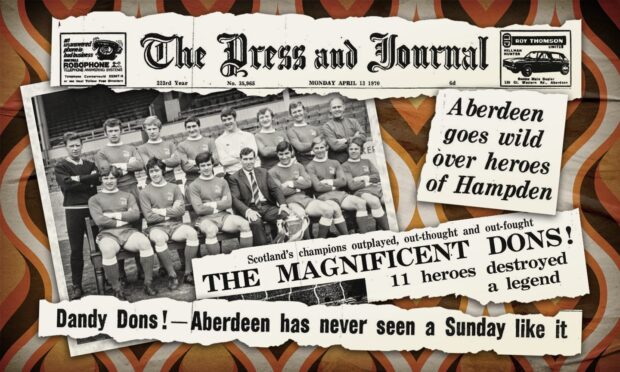It’s the north-east sports club which has produced a conveyor belt of internationalists and professional footballers.
Dyce Boys Club, the grassroots organisation which nurtured Scotland stars, Stuart Armstrong, Scott Booth, Russell Anderson and Graeme and Andrew Shinnie, is celebrating its 40th birthday this weekend.
The club first came into being on August 1 1980 after a group of lads spent the summer participating in the local Champion Street competition.
It was founded by Eddie Mannall and Allan King and although the former sadly died just a few months into their existence, Mr King, who has been a driving force in the whole process, still plays a vibrant role in encouraging youngsters from all backgrounds to join their training sessions.
He said: “Honestly, it doesn’t seem like 40 years.
“We have come a long way from borrowing kits to play our first games to having the facilities we have now.
“We now have access to a 3G pitch and our pitch at Pitmedden Road with changing rooms and, of course, a lot of great memories.”
The club’s efforts have been praised by leading figures in the Granite City, including Lord Provost Barney Crockett, Gothenburg Great, Neil Simpson, and Aberdeen FC chairman, Dave Cormack.
The latter said: “Grassroots football plays a major role across our community and Dyce Boys Club is one organisation which has a track record in engaging, identifying and nurturing young talent.
“On behalf of Aberdeen FC, we congratulate them on reaching this milestone anniversary and wish them all the very best for the future.”
Mr Crockett added: “Dyce Boys Club have done a fantastic amount of work in their community and they have been a credit to the north-east throughout their existence.
“I remember meeting Scott Booth when he was just a youngster and he spoke very highly about how the officials at Dyce had helped him in his career and that has been the case with so many good players who have come through the ranks.
“It’s not just about producing stars, though. Whole generations of youngsters have been encouraged and helped by the officials and volunteers at Dyce and I would like to congratulate them on what they have created and wish them all the best for the future.”
Mr Simpson said: “Dyce Boys Club have always been a club with a history of producing players, not just for all levels of football in the north east of Scotland, but talented players who they have developed into the senior game with Aberdeen FC or playing for other clubs in the SPL and the EPL.
“I would like to pay tribute to all the committees, coaching staff and volunteers who have been involved and contributed to their success over the past 40 years.
“They can all be rightly proud of their contribution and their achievements during that time. Keep up the great work!”
Aberdeen writer, Mike Gibb, who has been involved in the game for many years is currently working on a book called Dyce Boys Club – A Stepping Stone to Success, which will be published later this year.
And he has been thrilled at the development of the organisation which has won seven Scottish Cups and reached 13 national finals in the last four decades.
He said: “In the late 1980s, I was president of the Central Grampian Boys League and running a team called Grampian United with players drawn from the country towns.
“Around 1988, we found ourselves short of players and decided to join up with one of the established Aberdeen clubs to give our boys a regular game in Aberdeen.
“We had played against Dyce on a number of occasions and I was always impressed by the way it was run and the positive attitude of the people who were running it.
“So I approached them and a number of lads from Central Grampian started playing with them on a Saturday while still affiliated to and turning out for their own town or village club. In our very first season, we reached the Scottish Cup Final.
“Subsequently, I managed or helped run Dyce teams at various age groups and have kept in contact with the committee members since I retired from boys’ football.
“When I learned this was their 40th anniversary and it is still being run by many of the dedicated people who started it, I offered to write a book, focusing on the boys who have come through the ranks and gone on to enjoy success in professional football.
These include a clutch of current players, such as Bruce Anderson, Cammy Smith, Archie Mair and Jack Grimmer, while the likes of Stuart Duff, Darren Mackie, Lee Mair, Ross Tokely and Roy McBain have also benefited from a throw of the Dyce.
And the club’s officials have stressed the missionary work goes on even in lockdown.
Stuart Armstrong gave his former team a windfall after £8m move
Stuart Armstrong has come a long way since playing for Dyce Boys Club as a youngster, but the former Celtic and current Southampton midfielder believes his time with the Aberdeen organisation played a key part in his development.
While most of his international team-mates have been with professional clubs since they were young boys, Armstrong came into professional football much later than most of his contemporaries, but it hasn’t dented his progress.
On the contrary, the Scotland internationalist thrived during his time spent playing in the Aberdeen juvenile leagues and has spoken warmly of the impact it had on preparing him for a higher level of competition.
He said: “I’m grateful to all my previous coaches stretching all the way back to Dyce Boys Club, where I started out when I was 13.
“I had a lot of good times there. I was there for five years and had a lot of success at boys club level.
“It’s something different that I have experienced from other boys who have been at professional clubs since they were young.
“I came into professional football when I was 17. It was nice not to have that club football element when I was growing up.”
Dyce Boys Club landed a six-figure windfall from Armstrong’s £8 million move to English Premier League club Southampton in 2018.
The midfielder left Dyce for Inverness Caley in 2009 at the age of 17, before later spending four-and-a-half years at Dundee United.
Armstrong, 28, who was raised in Aberdeen and attended Hazlehead Academy, moved to the Saints from Celtic – and benefited from Fifa’s rules around player development.
Dyce treasurer Len Nicol, who has been at the club since 1980, said they were left in a state of shock and never dreamt they would receive so much.
He said: “We heard news of the transfer just before it was announced and we knew that there would be a payment.
“But I nearly dropped the phone when I heard how much it was.”
The money from the Armstrong transfer will help sustain the club for years to come and is also being invested back into the local community.
He added: “It is wonderful it can flow through to the grassroots to help us produce the next Stuart Armstrong and more importantly, help ensure lots of kids enjoy their football.”
That has always been the Dyce philosophy.
It’s not about to change any time soon.

